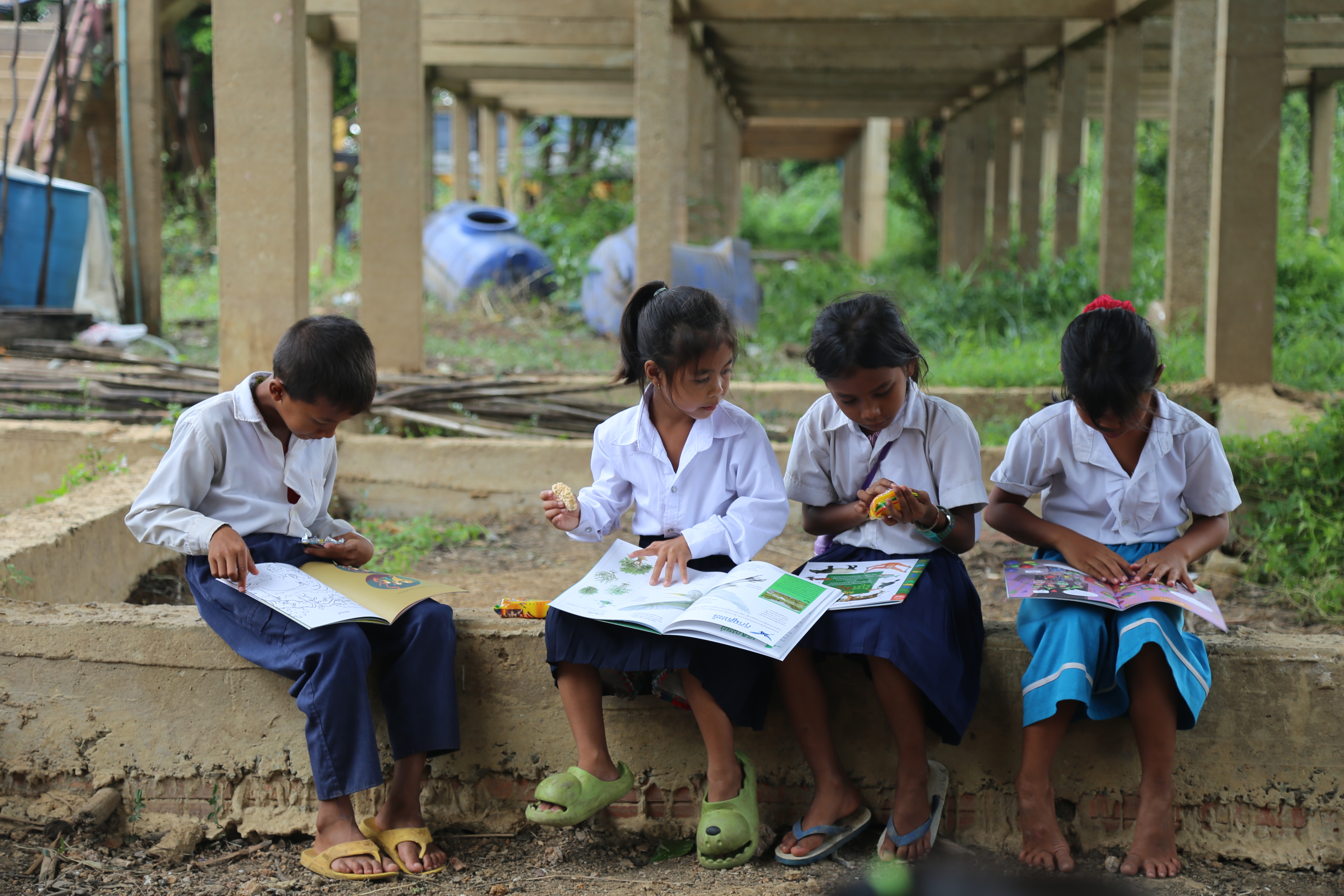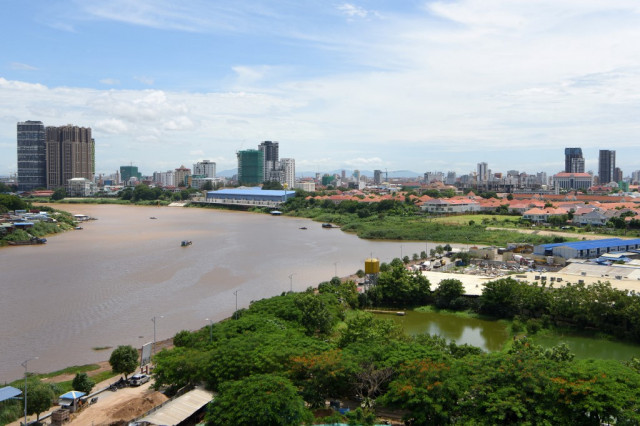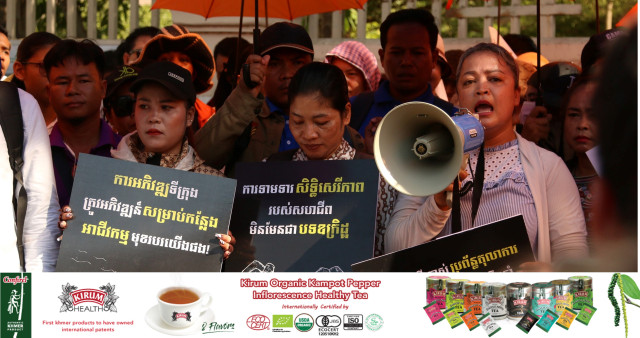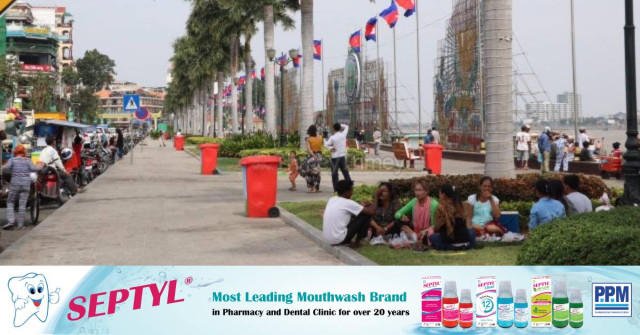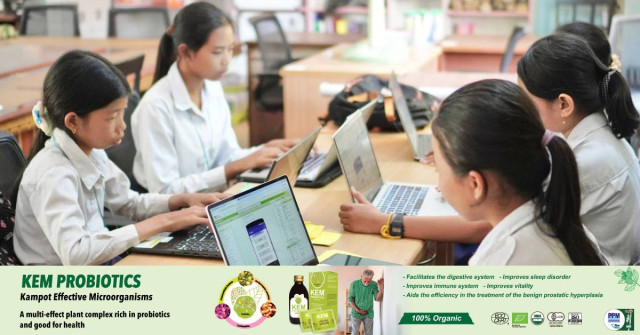How Books Are Changing the Lives of Children in Flooded Communities in Cambodia
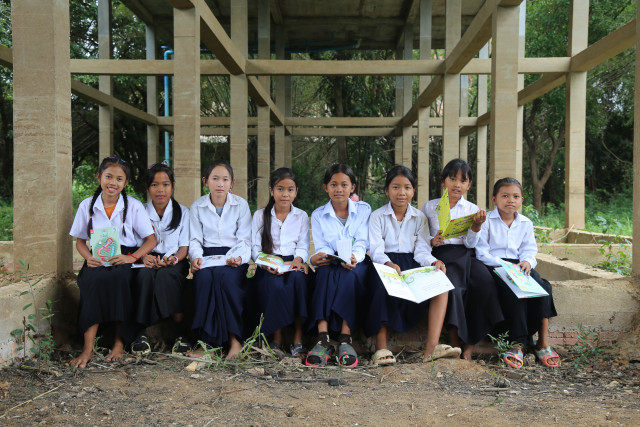
- By Aide et Action
- September 8, 2023 4:45 PM
BATTAMBANG — Reading can change the lives of many children living in Cambodia's floating communities.
Increasing confidence and learning readiness at the early age of primary school is essential for children. The Education Above All’s Educate partnership with the Cambodia Consortium of Out-of-School Children (CCOSC) works on providing enhanced learning opportunities for children in Cambodia.
Phean Serei Ratana, who is 8 years old, is an outstanding grade-3 student at the Khum Koh Chivaing primary school in Prek Toal, one of the floating villages on the banks of the Tonle Sap, Cambodia's and Southeast Asia's largest freshwater lake.
Ratana is always happy about attending school because she enjoys learning, and particularly Khmer literacy. In her spare time, she studies and finishes her assignments. This is why she has consistently performed well and stayed at or near the top of her class since she was in first grade.
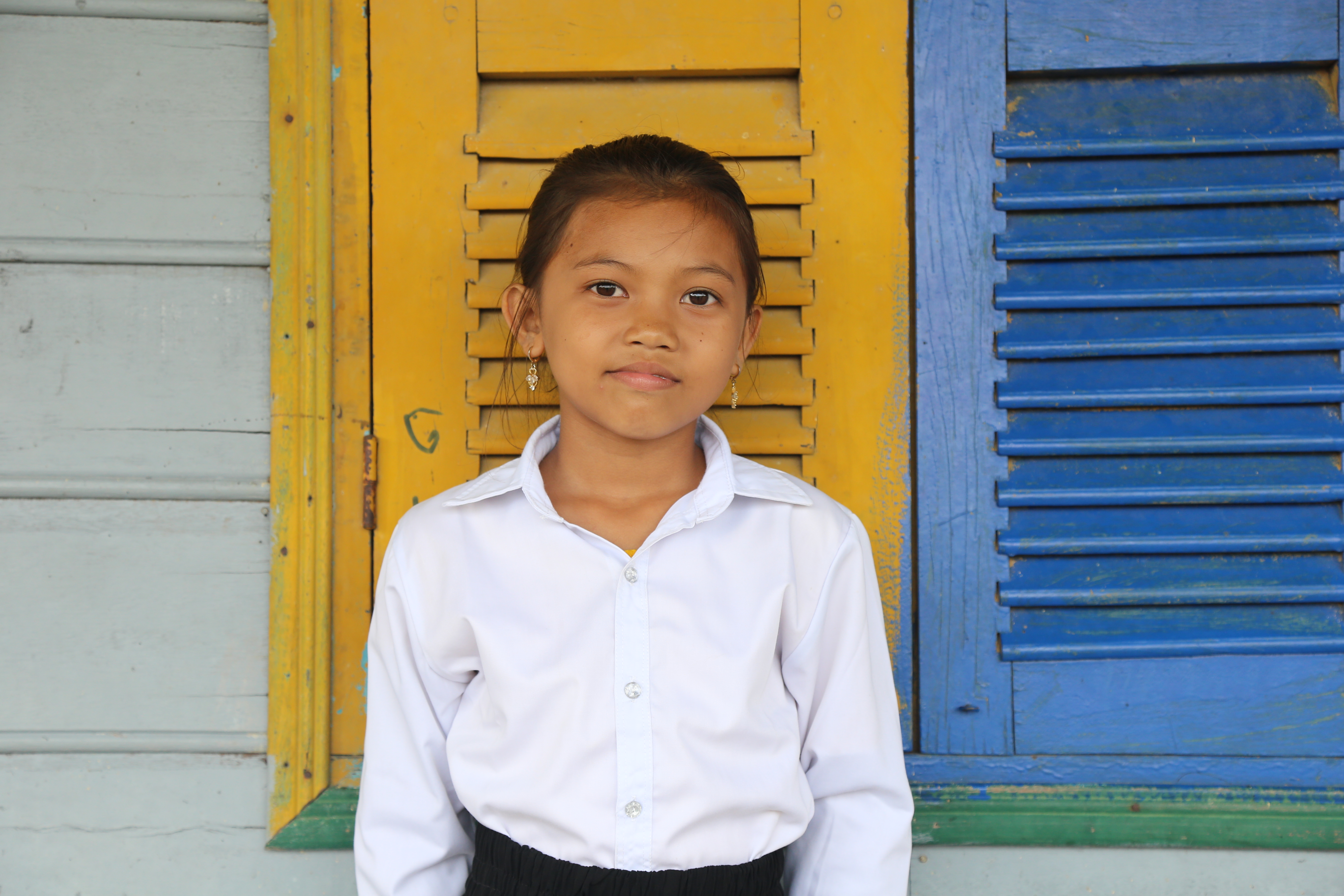
Khmer language is fun and straightforward to study, Ratana said. “Even though it is boring sometimes, I have to study my textbooks numerous times in order to know them by heart and pass the exams,” she said.
Reading is vital for students of all ages because it broadens their vocabulary, increases their focus and understanding, and strengthens their memory, all of which contribute to higher academic performance and a more well-rounded understanding of the world.
However, because of the geographical isolation and lack of roads, providing children in flooded parts of Cambodia access to reading opportunities has remained a significant difficulty. Because of this, many kids, like Ratana, only read books when they have to in order to complete assignments or study for tests.
However, as 2022 drew to a close, this trend began to reverse thanks to the distribution of reading books by CCOSC. The Khum Koh Chivaing Primary School, like many others in flooded areas, is built on stilts since there is no other option due to the lack of dry land. As a result, there is no room for a library or a dedicated reading nook.
The distribution of reading-book boxes is a crucial option because they can be moved easily from one school to another, giving students access to books throughout the year. As a result, most children now read books they've shared with their friends during recess instead of playing.
“I have never read these types of well-illustrated books before,” Ratana said. “I am excited because I can get knowledge from my schoolbooks. So I have to read all these books because the more I read, the more I enjoy myself.”
Providing enhanced learning opportunities is critical, as this is enriching the culture of reading in children so that they will voluntarily devote more of their time to reading books that correspond to their level of understanding and preferences. As a result, in partnership with target schools, CCOSC provides more opportunities to encourage children to read a variety of books in order to expand their knowledge beyond what they study in school.
"My favourite book is Health and Hygiene because this well-illustrated guide teaches me about the hygiene of various parts of the body (hair, ears, teeth, hands, and feet), as well as the importance of balanced meals and drinking water," Ratana said. "I would like to have and read more hygiene books because I want to become a teacher and teach children how to avoid diseases, especially diarrhoea.”
